Financial Results
Best’s Market Segment Report: US Commercial Auto Insurance Segment Stuck in Reverse as Losses Keep Mounting
The U.S. commercial auto insurance line continues to burden the overall property and casualty (P/C) industry, accounting for more than $10 billion in net underwriting losses over the past two years, according to a new AM Best report.
The Best’s Market Segment Report, “Stuck in Reverse: Commercial Auto Losses Keep Mounting,” states that the segment’s rising loss severity, increasing claims costs and adverse prior-year loss reserve development continue to produce net calendar year underwriting losses for commercial auto insurers. The commercial auto insurance sector has now generated an underwriting loss for the 14th consecutive year. In fact, the losses are getting worse: total underwriting losses in 2024 were $4.9 billion dollars. Over the past 11 years, the average underwriting loss has been a little over $2.9 billion annually.
“One bright spot to note is that during the past decade, insurers have trimmed about six percentage points off their underwriting expense ratio for commercial auto insurance,” said Christopher Graham, senior industry analyst, AM Best. “While commercial auto insurers are not recognized as often as personal auto insurers for adopting and leveraging technology through their operations, commercial auto insurers have nevertheless made some strides in improving their efficiency.”
“Even if insureds find benefits in physical damage coverage, they may opt for higher deductibles to pay less for coverage,” Graham said.
News
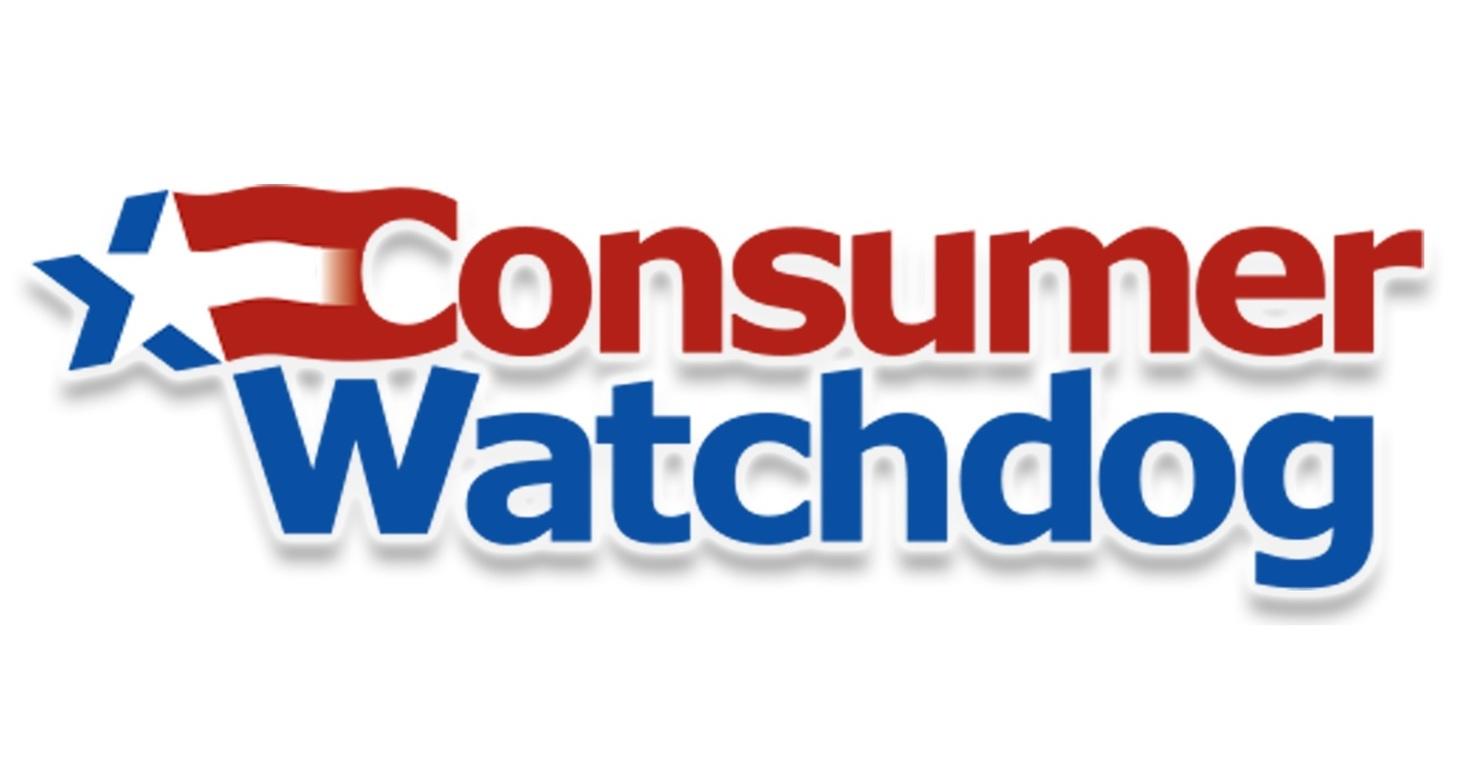
Consumer Watchdogs File Insurance Reform Ballot Measure Guaranteeing Fire-Safe Homeowners Right To Coverage & Other Rights, Respond To Deregulation Initiative
The leaders of Consumer Watchdog have filed a ballot measure guaranteeing insurance coverage to homeowners who meet wildfire mitigation standards set by the state. The "Insurance Policyholder Bill of Rights" also prevents companies from engaging in the "use it and lose it" practice of denying coverage to policyholders who file claims, and extends a host of other new consumer rights.
The initiative also preserves and expands the protections under insurance reform Prop 103 that guarantee that all rates are approved by an impartial, elected insurance commissioner before taking effect. The filing responds to another ballot measure by a wealthy insurance broker that allows insurance companies to raise rates without having to open their books and justify their rates to the insurance commissioner first, repeals Prop 103's other consumer protections and requires the insurance commissioner to have worked for the insurance industry for at least five years.
Read the initiative.
"The insurance broker's ballot measure is an existential threat to insurance policyholders who will face more skyrocketing rates and less available coverage if it were to pass," said Jamie Court, president of Consumer Watchdog and an initiative proponent. "We didn't ask for this fight, but since the insurance broker started it we are prepared to finish it by addressing what consumers care most about, having home insurance coverage available when they do the right thing and protecting themselves against price gouging and unfair practices."
AI in Insurance

AI May Break the Gartner Hype Cycle | Insurance Thought Leadership
P&C insurers are embracing AI despite regulatory headwinds, potentially letting the technology blast through the intermediate stages of the Gartner Hype Cycle timeline.
As we live in an era of technological boom, it is increasingly difficult to separate hype from reality. With so many breakthroughs in medicine, space exploration and even autonomous driving, it is not advisable to bet against even the boldest of efforts. So, perhaps humans will indeed live on Mars one day. In recent times, the naysaying against hype is generally about the when it will happen, less about the if it will happen.
The P&C insurance space has seen its share of hyped concepts like blockchain and virtual reality but none as much as the recent exuberance for AI. And for good reason. Insurance practices are largely about information gathering and validation, whether for underwriting, claims or risk management. Actuarial mathematical sciences are applied for trending and pricing. Internal functions and external processes are just a few ways to describe insurance at-a-glance. All of which may benefit from AI tools and agents near-term and into the future. Insurance talent shortages, high costs of insurance for consumers and businesses, changing risks, demand for loss prediction and prevention are just some of the bigger challenges in which AI may come to the rescue.
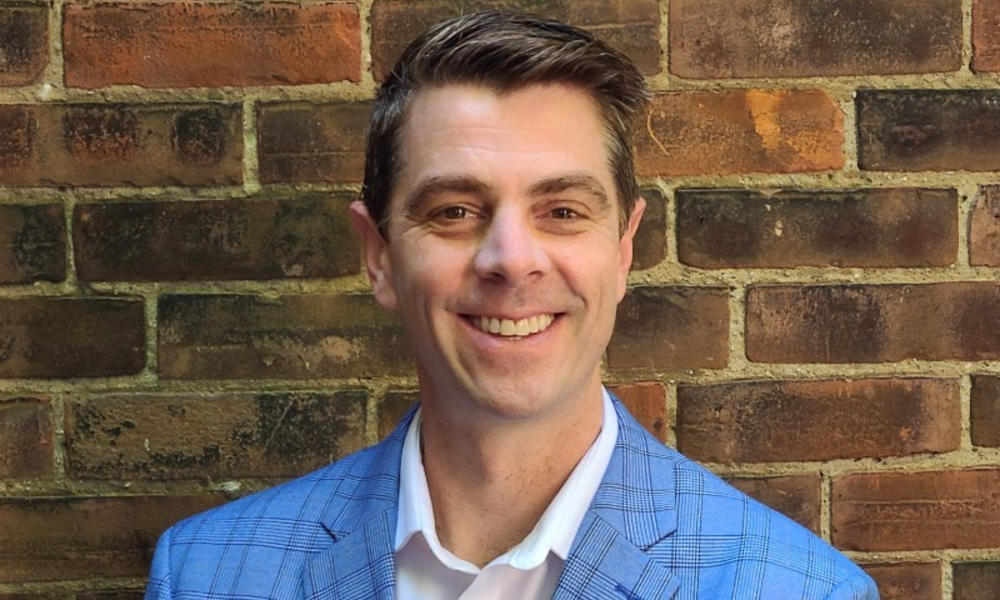
In insurance, AI is forcing a culture shift – not a culling
AI isn’t replacing insurance jobs – it's reshaping how humans create value
We still need humans at the heart of what we do – even if some people do resist change. While some worry that artificial intelligence is sounding the death knell for many careers, others see it as a tool to make life easier for insurance professionals.
“I am definitely more optimistic,” said Pravina Ladva, group chief digital and technology officer at Swiss Re. Mass layoffs elsewhere are being conflated with artificial intelligence, she argued.
“People are putting two and two together and making a hundred,” she said. “We actually have more work, more analytics, and more responsibilities than we have people to manage them.”
Across the sector, the tension is less existential than operational. Carriers are wiring AI into claims triage, pricing workflows, and knowledge capture. Brokerages – especially in commercial lines – are inching toward more structured submissions, automated comparisons, and cleaner handoffs to markets. The tools exist; the bottleneck is human.
Research
Conning Releases 2025 Commercial Auto Study: Industry Faces Persistent Losses, Rising Costs, and Structural Challenges
Conning has released its latest report on the commercial auto insurance market, 2025: Commercial Auto Insurance Market - Challenges and Opportunities, providing a comprehensive analysis of one of the most persistently underperforming sectors in the property-casualty insurance industry. The report explores the financial deterioration, emerging risks, and evolving underwriting strategies shaping the future of commercial auto insurance.
"Despite more than a decade of rate increases, the commercial auto line remains a challenge," said Alan Dobbins, a Director in Insurance Research at Conning. "Our 2025 study highlights the dual crises of escalating liability losses and post-pandemic physical damage costs, which continue to challenge insurers and policyholders alike."
The study highlights several key developments:
- Persistent Underwriting Losses: Commercial auto insurance has recorded 13 consecutive years of underwriting losses, with combined ratios consistently above 100%, despite 55 straight quarters of rate increases.
- Escalating Claim Severity: Social inflation and nuclear verdicts have driven liability claim costs sharply higher, with claim severity up 64% since 2015.
- Driver Shortage Intensifies Risk: The U.S. faces a growing commercial driver shortage—leading to higher accident rates as fleets hire less-experienced drivers.
- Rising Physical Damage Costs: Advanced vehicle technology, supply chain disruptions, and inflation have pushed repair costs up significantly and prolonged claim resolution.
- Emerging Risks from EV Adoption: Fleet electrification introduces new exposures, including cyber vulnerabilities, battery fire hazards, and higher repair costs, requiring insurers to rethink pricing and risk strategies.
Latest CCC Crash Course Examines How Economic and Supply Chain Disruptions Are Reshaping Claims and Repair Landscape - CollisionWeek
Rising tariffs, consumer financial pressure and increasing vehicle complexity are creating cascading effects throughout the claims and collision repair ecosystem.
CCC Intelligent Solutions Inc. (NASDAQ: CCCS), published its third-quarter 2025 Crash Course report documenting how economic uncertainty is driving structural changes across original equipment manufacturers, suppliers, insurers and repair shops.
The report draws from 300 million claims-related transactions and millions of bodily injury claims processed through CCC’s platform.
“Today’s auto industry is navigating unprecedented economic turbulence – from pricing pressures to sourcing challenges to household financial strain,” said Kyle Krumlauf, director of industry analytics at CCC and report co-author.
“These forces are converging in ways that represent not just cyclical pressures, but a structural shift.”
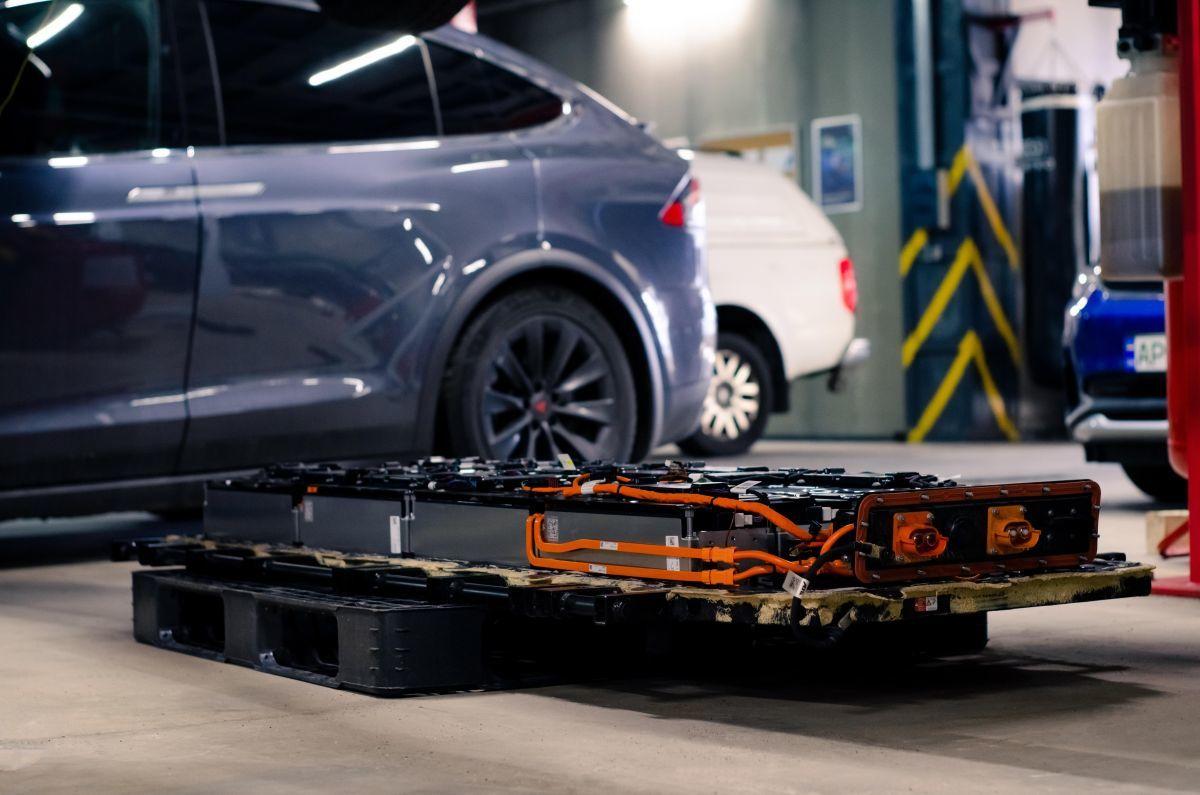
Collision Claims for Battery EVs Shrink for First Time: Report
The number of repairable BEV claims in the U.S. dropped 7% in Q2 2025, while mild hybrid vehicle claims surged 21%.
Mitchell’s latest “Plugged-In: EV Collision Insights” Q2 2025 report showed both a decrease in collision claims frequency for repairable battery electric vehicles (BEVs) in the U.S. and an increase in mild hybrid electric vehicle (MHEV) claims across North America.
The report found the number of BEV claims in the U.S. dropped 7% year-over-year in Q2 2025, while MHEV claims rose 21% in that same period; they are now 5% of repairable claims.
EV claims Q2 2025
Collision shop owners considering investing in training and equipment to repair EVs shouldn’t base their decision on a single quarter of data, said Ryan Mandell, Mitchell’s vice president of strategy and market intelligence.
“We have to be careful about jumping to any massive conclusions when we have one quarter that bucks a trend,” Mandell told Autobody News. “I think it certainly can be indicative of a coming trend, and I would not be surprised if we saw potentially a further decline [in BEV claims in Q3 2025] or again, a lower number than what we've seen in the past.”
Mandell pointed out the decrease in BEV claims coincided with a 6% year-over-year reduction in new BEV purchases in Q2 2025, despite strong sales earlier in the year, though buying activity could see a surge in Q3 2025, as consumers rush to capitalize on tax incentives before they end Sept. 30 while taking advantage of automaker discounts, which reached an all-time high of nearly $8,500 per vehicle in Q2.
Climate/Resilience/Sustainability
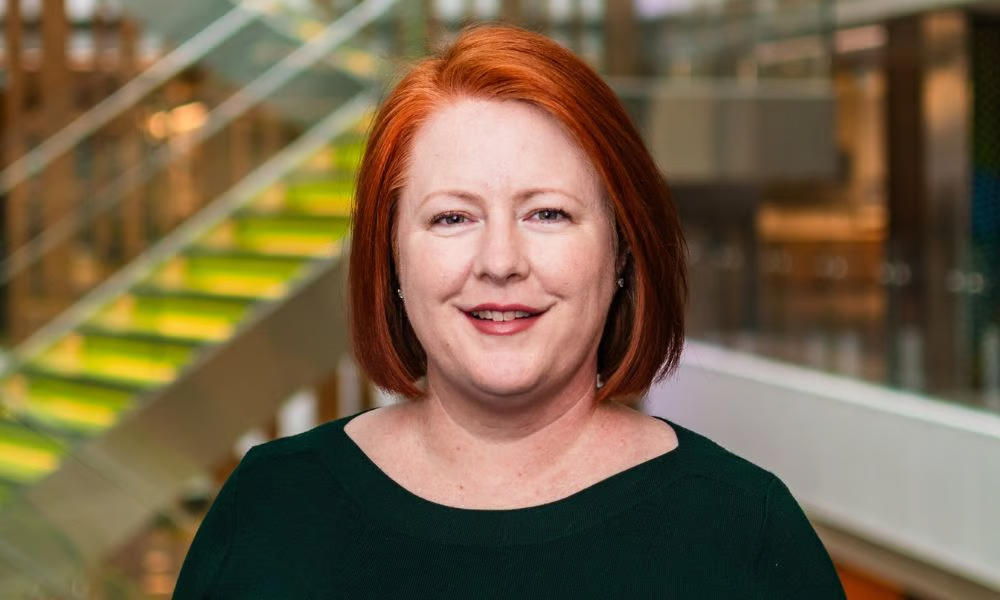
Tech poised to reshape climate-related claims handling, says Deloitte expert | Insurance Business Canada
Carolyn Murnaghan says AI is helping Canadian insurers manage rising risks from extreme weather
As climate change intensifies the severity and frequency of weather-related events, insurers are investing heavily in technology to manage both risk and response. According to Carolyn Murnaghan (pictured), sustainability and climate risk leader at Deloitte Canada, the most significant breakthroughs are happening in two areas: predictive modeling and claims workflow.
On the front end, climate models are increasingly being integrated into underwriting. Insurers are using advanced analytics to gauge where concentrations of risk could strain their portfolios, and adjusting appetite accordingly.
“A lot of work is being done on the modeling side to understand where those potential future impacts as a result of climate may be, and bringing that information into underwriting so that there is a management of those risks,” Murnaghan told Insurance Business.
But the most visible impact for policyholders is unfolding during claims. When catastrophic events strike, speed and efficiency can make a material difference in recovery. “As a claim comes in, an individual is engaged with and can process their claim in particular using any type of speeding up technology, like AI to support the claims manager in that process,” she said. These tools are increasingly being deployed to streamline workflows, cut delays, and improve communication during peak claims periods.
InsurTech/M&A/Finance💰/Collaboration
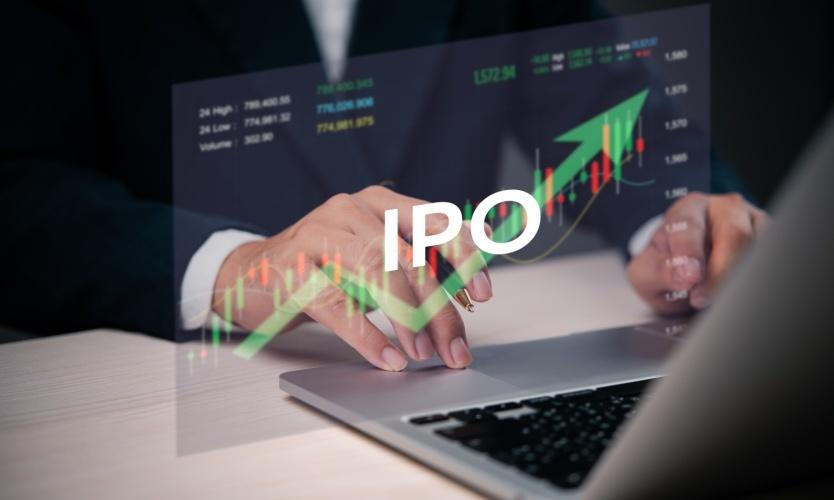
Neptune targets valuation of up to $2.8 billion in IPO - Business Insurance
Neptune Insurance said on Monday it was targeting a valuation of up to $2.76 billion in its U.S. initial public offering, as the IPO market continues to run hot.
Some existing shareholders of the flood insurance provider are targeting to raise up to $368.4 million by offering 18.4 million shares priced between $18 and $20 apiece.
Neptune co-founder Jim Albert and private equity firms Bregal Sagemount and FTV Capital are among the selling stockholders.
The St. Petersburg, Florida-based company joins a growing list of insurance firms that have tapped public markets since May, with some calling it a “breakout year” for issuance from the industry.
“It’s (Neptune) a profitable growth story in a large underpenetrated market, with cornerstone backing adding confidence, though the secondary-only structure leaves no new capital for expansion,” said Kat Liu, vice president at IPOX.
Aspen Insurance, American Integrity, Ategrity Specialty, Slide Insurance and Accelerant have gone public in New York since May.
Wall Street had also turned to insurance firms to reopen the new listings market in May after tariff-driven chaos slammed shut IPO activity.
Launched in 2018, Neptune sells residential and commercial flood insurance policies on behalf of carrier partners throughout the U.S.
Telematics, Driving & Insurance
How predictive data can reduce driving accidents and deaths | Smart Cities Dive
Smartphones and connected vehicle data can help traffic safety officials spot and fix accident hot spots, says a report from the Governors Highway Safety Association and Cambridge Mobile Telematics.
Dive Brief:
Predictive data can help states, counties and cities identify and mitigate driver behaviors that lead to crashes, according to a Sept. 18 report from the Governors
Highway Safety Association and Cambridge Mobile Telematics.
- Anonymized telematics data can reveal patterns of phone distraction, hard braking or speeding that can often be addressed with low-cost, quick fixes such as repainting crosswalks and adding or repositioning warning and stop signs.
The report urges states and transportation departments to enact and enforce proven safety laws such as those for hands-free phone use and seat-belt use.
Traffic fatalities in the U.S. began to rise sharply in 2020. Safety organizations have attributed this to speeding, distracted driving and aggressive driving, coupled with a decline in traffic law enforcement.
“We have information that can help save lives now,” Ryan McMahon, senior vice president of strategy for Cambridge Mobile Telematics, said in a statement.
Rather than looking back at crash and fatality reports, predictive analytics can expose high-incident behaviors. For example, safety officials can intercede with hyperlocal public awareness campaigns, social media and parental outreach to reduce incidents around schools, the report says.
Awards

Duck Creek Technologies Named a Leader Once Again in 2025 Gartner® Magic Quadrant™ for SaaS P&C Insurance Core Platforms, North America
Duck Creek Technologies, the global intelligent solutions provider defining the future of property and casualty (P&C) and general insurance, today announced Duck Creek Technologies has been positioned again by Gartner as a Leader in the 2025 Gartner® "Magic Quadrant™ for SaaS P&C Insurance Core Platforms, North America."
The evaluation was based on specific criteria that analyzed the company's overall Completeness of Vision and Ability to Execute.
"Duck Creek is committed to helping insurers modernize and innovate with the speed and flexibility they need," said Michael Jackowski, Chief Executive Officer of Duck Creek Technologies. "Our SaaS platform delivers continuous upgrades and the operational insights that empower carriers to make smarter, more profitable decisions from underwriting to claims. We continue investing in AI to help insurers unlock insights, improve efficiency, and enhance customer experiences, while further expanding our full suite of leading solutions to accelerate time to value. Our recognition as a Leader in the 2025 Gartner® Magic Quadrant™ reinforces our mission to deliver technology that drives confident growth for insurers."
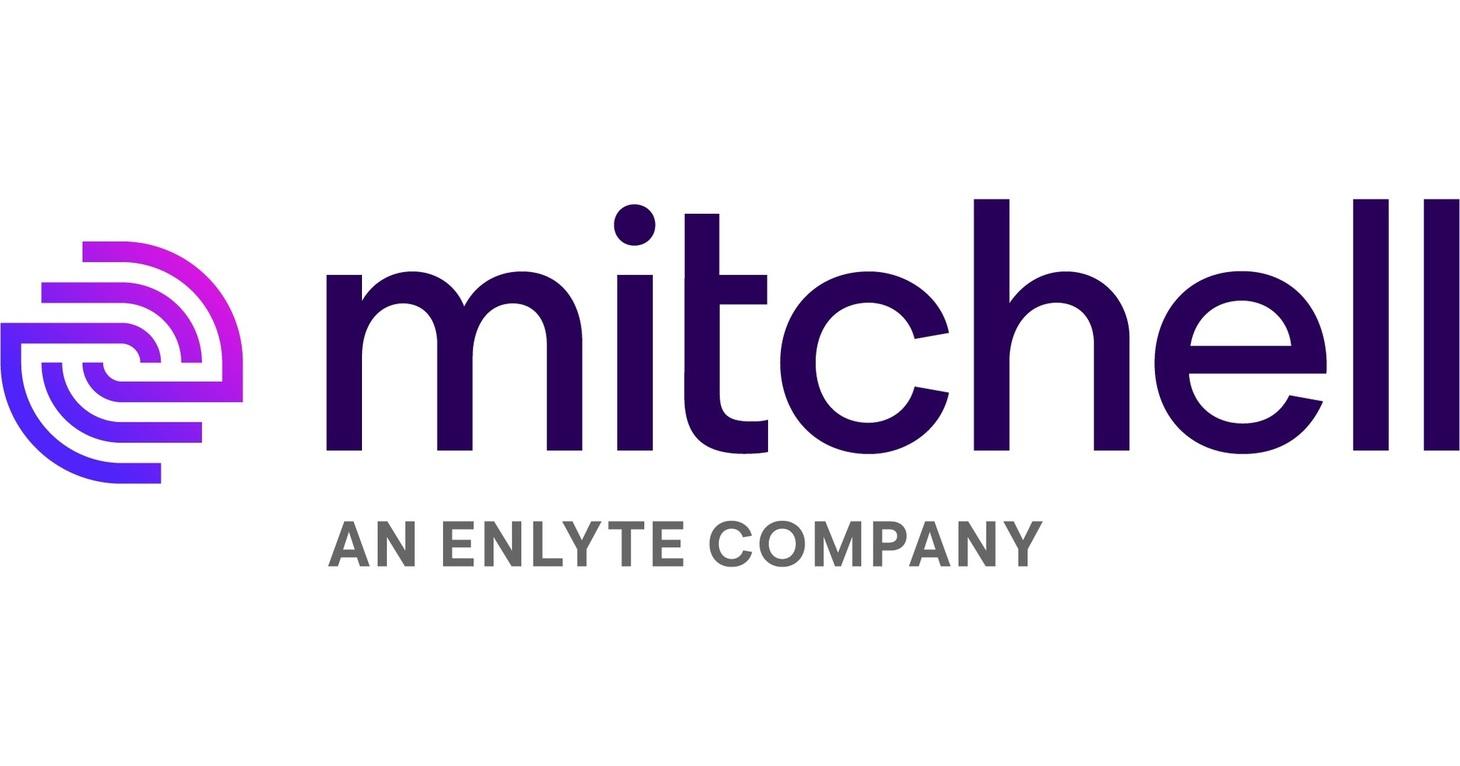
Mitchell Recognized as a 2025 Status Award Winner for Its Transformative, AI-Powered Claims Automation Solutions
Mitchell, a leader in the development of innovative auto physical damage technology solutions, today announced that it is a winner of the Business Intelligence Group's 2025 Stratus Awards for Cloud Computing. Now in its 12th year, the awards program honors organizations, products and individuals innovating in the cloud to power the future of business.
Mitchell was named a top technology company in the Software as a Service (SaaS) category for its achievements in transforming the collision-damage appraisal process. Its cloud-native, AI-powered solution—Mitchell Intelligent Estimating—is designed to help improve claims workflows and return policyholders and their vehicles to the road safely and efficiently following an accident. Over the past year, the company launched new enhancements focused on delivering superior performance, scalability and configurability. It also introduced patent-pending AI technology that provides additional value by assisting carriers with easily assessing the quality of manually written appraisals.
"We are honored to receive this recognition from the Business Intelligence Group," said Olivier Baudoux, senior vice president of global product strategy and artificial intelligence at Mitchell. "This award underscores the real-world impact of our solutions on customers and consumers, along with our unwavering focus on optimizing every step of the claims journey for the best possible outcome."
Podcast Sponsor

Audio Version - 'Connected: The Podcast' --- Sponsored by Pulse Podcasts
The ‘Connected’ Podcast by Alan Demers and Stephen Applebaum, is a condensed audio version of the day's ‘Connected' newsletter, a daily scan of all the happenings in the world of Insurance & InsurTech News.
Pulse Podcasts: Introduce a new way for your audience to hear your voice! We are a podcast creation service that helps businesses turn their written content, like blog posts and news articles, into beautiful podcasts. Our platform writes the script, records the voices, and mixes the audio to create engaging content for your audience. It's affordable and has super-fast turnaround!
LISTEN AND SUBSCRIBE BELOW
